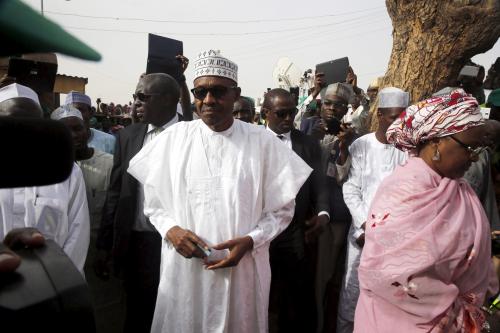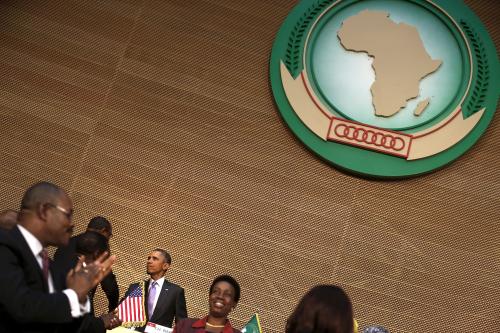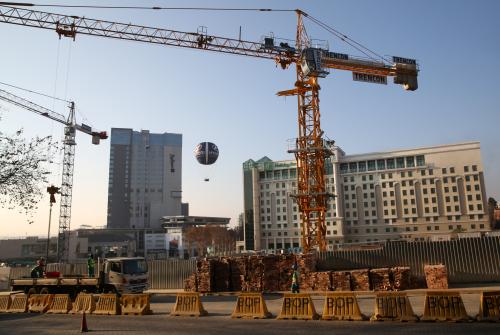Financing for Development conference sets action agenda for sustainable development
From July 13 to 16, the United Nations Third International Conference on Financing for Development (FfD) in Addis Ababa convened delegates from all over the world to outline the next global framework for financing sustainable development. This conference constitutes one of several high-level U.N. summits this year (including a forum in New York in September and a climate conference in Paris in December) aiming to establish the post-2015 sustainable development agenda, as well as the financing mechanisms required to fund the ambitious goals set in the agenda. The conference sessions—and the recommendations put forth in the Addis Ababa Action Agenda outcome document—centered on ways for developing countries to increase domestic revenue mobilization, including broadening their tax bases, enhancing tax collection, and preventing illicit financial flows, which according to the United Nations Economic Commission for Africa (UNECA) saps as much as $50 billion annually from African economies. While many delegates called for a new international tax oversight body to counter these illicit flows, the measure was ultimately rejected in the conference’s outcome document—to the disappointment of several civil society organizations. Still, the conference yielded several key commitments in the domains of infrastructure (energy, transport, and water and sanitation), including a new “global infrastructure forum” led by multilateral development banks to coordinate infrastructure projects and catalyze investment, as well as a renewed commitment from developed countries to reach the target of allocating 0.7 percent of gross national income for official development assistance (ODA).
For more insight from the FfD conference, including how to promote investments in the priority subsectors of African infrastructure, read AGI Director Amadou Sy’s latest Africa in Focus post: Unlocking public and private capital for African infrastructure.
Burundi presidential election postponed as UN warns of ‘major instability’
Last Saturday, Burundi’s presidential elections, originally scheduled for July 15, were postponed by six days to July 21. The announcement came after regional leaders urged President Nkurunziza to delay elections until July 30 in order to diminish tensions that could intensify violence during the presidential vote. However, U.N. experts have cautioned that the delay has not tempered fears of potential widespread violence during the elections and have called for a response from the United Nations Security Council and the international community to prevent further atrocities. The main opposition party has also expressed concerns that six days are not enough to repatriate those who have already fled the country, re-instate free media, and allow exiled politicians to take part in the election. Ugandan President Museveni is currently leading mediation talks between the key political parties in Burundi and has urged leaders to strive for unity.
Buhari selects new security chiefs and dissolves several agency governing boards
President Buhari of Nigeria effected major changes in the national military and political leadership this week, first sacking his military chiefs following a series of brutal attacks by Boko Haram throughout the country, and then dissolving the governing boards of several federal agencies. While his decision to replace the military commanders is perceived to be based on his renewed commitment to countering the violent extremist group and tackling corruption throughout the military’s ranks, some analysts have noted the timing coincides with Buhari’s upcoming meeting with President Obama and his possible request for enhanced military and financial support from the U.S., which has been hindered in the past by allegations of corruption and abuse within the Nigerian military. As of Friday morning, no statement had been released on the reasoning behind Buhari’s dissolution of the governing boards of federal agencies, although last month Buhari dissolved the state-owned oil company’s governing board in order to root out corruption within the sector. Until a new board is named, all issues arising pertaining to the boards will be referred directly to the president, according to Buhari’s official spokesperson.






Commentary
Africa in the news: Financing for Development conference convenes in Addis, Burundi delays elections, and Nigerian President Buhari reshuffles military chiefs and federal agency leadership
July 17, 2015